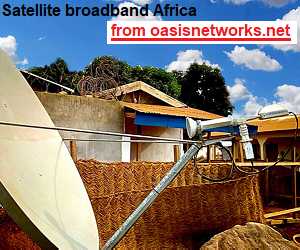| Home Login Register |
| Satellite Internet forum › HughesNet and Hughes HX VSATs › DW6000 never syncs... LNB? |
|
Pages: 1
|
DW6000 never syncs... LNB?(Read 2691 times) |
|
chriswlan
Member
★★ Offline Posts: 27 |
May 20th, 2015 at 5:36am
|
| Back to top |
IP Logged
|
|
Smann
Member
★★ Offline Posts: 7 |
Reply #1 - Jun 1st, 2015 at 3:44pm
|
| Back to top |
IP Logged
|
|
Admin1
YaBB Admin
★★★★★ Offline Posts: 1191 |
Reply #2 - Jun 1st, 2015 at 10:12pm
|
| Back to top |
« Last Edit: Jun 2nd, 2015 at 1:53pm by Admin1 »
IP Logged
|
|
chriswlan
Member
★★ Offline Posts: 27 |
Reply #3 - Jul 21st, 2015 at 5:30am
|
| Back to top |
IP Logged
|
|
Pages: 1
|
Email me: eric@satsig.net
Powered by YaBB 2.5.2!
YaBB Forum Software © 2000-. All Rights Reserved.
Disclaimer, Terms of Use and Privacy Forum User Agreement Forum rules Cookie policy.


